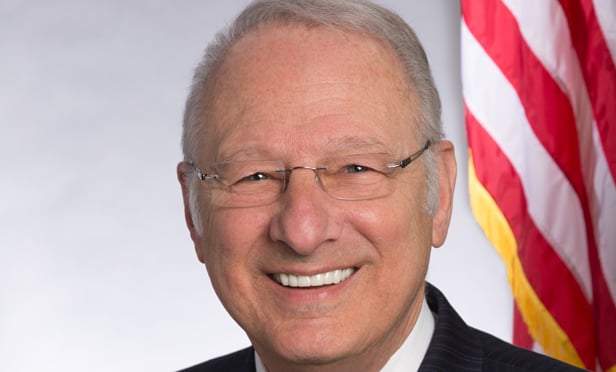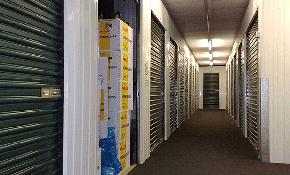 Cosenza: “For better or worse, I think I do a pretty good job at the negotiation table.”
Cosenza: “For better or worse, I think I do a pretty good job at the negotiation table.”
OAK BROOK, IL–They’re back! Mega-mergers, massive real estate firms gobbling up equally massive competitors, or at least regionals, in an attempt to build bench-strength or diversity, or at the very least, stave off being gobbled up themselves. Marriott and Starwood, DTZ and Cassidy Turley, Cushman & Wakefield and DTZ.
But mergers aren’t the only shifting competitive dynamic, and GlobeSt.com has reported regularly on the investment push into secondary and tertiary markets caused by the flood of capital into gateway cities. We sat down recently with Inland Real Estate Group vice chairman Joseph Cosenza to discuss the shifts currently taking place in the competitive landscape.
GlobeSt.com: First, Joe, what are you seeing in terms of the increased competition in top-tier MSAs and the focus on secondary and tertiary markets?
Joseph Cosenza: Well, there are two parts to your question. You’re right about a flood of capital coming into the marketplace, from both the US and across the ocean and into cities like New York and San Francisco. That’s a given.
But in terms of pushing investors into other markets, I don’t agree, not from Inland’s perspective, and that’s simply because we’re all over the map. I’ve bought in the gateway markets, over the last eight years, I’ve purchased 81 properties in and around New York and New Jersey, and another 60 properties in California. That’s just some of what we’ve purchased. In total, we’ve done more than $40 billion in acquisitions. We’re all over the place, in 49 states. I just don’t see it. We’re not frozen in our tracks.
GlobeSt.com: Are you seeing a lot of foreign capital coming into the market?
Cosenza: I’ll confess you’ll find me a novice on this question. From what I understand, the foreign capital is concentrating on the best or most iconic office buildings and the tallest, most iconic apartment buildings. I personally haven’t lost one deal to any foreign entity when it comes to shopping centers.
GlobeSt.com: As a novice, thoughts on Firpta?
Cosenza: To the extent they can increase their ownership from five to 10% of listed REITS, I think it’s great. It can only boost the stock values of any REIT because the more demand, the more the price will go up, not a huge amount, but enough.
GlobeSt.com: So Inland stands to gain.
Cosenza: Absolutely. We’ve put five different REITs on the exchange. But it’s good for the industry as a whole.
GlobeSt.com: Does Inland face a new kind of competition given the mega-merger trend we find ourselves in once again?
Cosenza: For better or worse, I think I do a pretty good job at the negotiation table. Besides, we’ve probably bought more individual properties than any other company on earth. The others have merged and taken on two or three billion dollars-worth at a time from one company acquisition. They’ve got one seller, one negotiation and that’s it. That’s a cinch. I don’t envy that.
GlobeSt.com: And what about the trend as it relates to the industry?
Cosenza: I have a good scenario and a bad. Here’s the good. It’s fabulous for several reasons. When you have more properties you should be able to pay less for everything you buy for your operations. You save money on personnel because you can spread out more properties in a lesser area to a fewer number of people. You can offer lower rents–not that they’re going to–and offer tenants a wider variety of locations. You can choose the markets you want to be in very easily by just selling off the markets you don’t want.
And, if any of the mega-mergers are selling off their junk, I’m not interested. But if they’re selling off a market. Wow. Call me. When others buy a big group of properties they buy it in thirds: one third is to die for, one third is probably okay, and the third is typically crap.
Now for the bad scenario. I don’t like companies that are bigger than us.

















 Copyright © 2024 ALM Global, LLC. All Rights Reserved.
Copyright © 2024 ALM Global, LLC. All Rights Reserved.